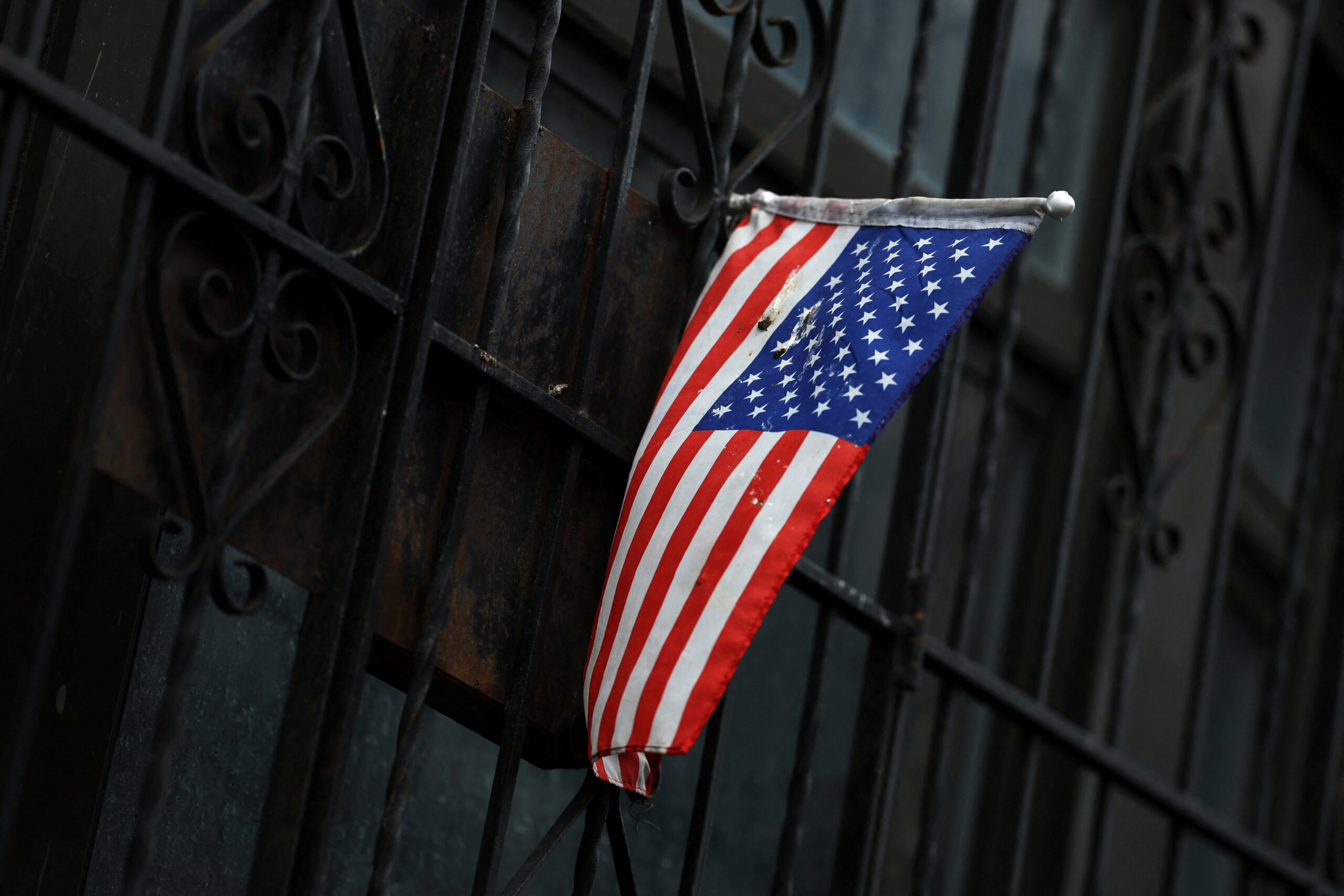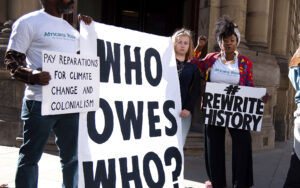U.S. intelligence officials testified (Reuters) to lawmakers yesterday about the release of their annual threat assessment (Office of the Director of National Intelligence). The report said the United States faces an “increasingly fragile world order” strained by “an ambitious but anxious China, a confrontational Russia, some regional powers, such as Iran, and more capable non-state actors.”
While the report largely focused on China and Russia, it also discussed the war between Israel and Hamas. CIA Director William Burns said in his testimony that a hostage deal was the most practical way (NYT) to halt the war in the Gaza Strip, while Director of National Intelligence Avril Haines said it was likely that the Gaza conflict would have (WaPo) “a generational impact on terrorism.” Regarding Russia’s war in Ukraine, Burns said that Kyiv would likely “lose significant ground” to Moscow if new U.S. aid does not arrive. The report also flagged risks related to artificial intelligence and cyber espionage, saying that Russia will likely try to influence the 2024 U.S. election and that China might try to do the same.
Analysis
“The Russian military’s long-term weaknesses will not matter if Ukraine is not supported this year. Ukrainian frontline soldiers are in mounting jeopardy—not because they lack the will to fight or do not know their enemy’s weaknesses, but because of shortfalls in ammunition and manpower,” the Carnegie Endowment’s Dara Massicot writes for Foreign Affairs.
“Now in an election year, the top U.S. spies increasingly cite emerging technology and cybersecurity as playing a factor in assessing its national security posture,” TechCrunch’s Lorenzo Franceschi-Bicchierai and Zack Whittaker write.
In Foreign Affairs, CIA Director William Burns discusses how the agency is transforming in a new age of competition.




